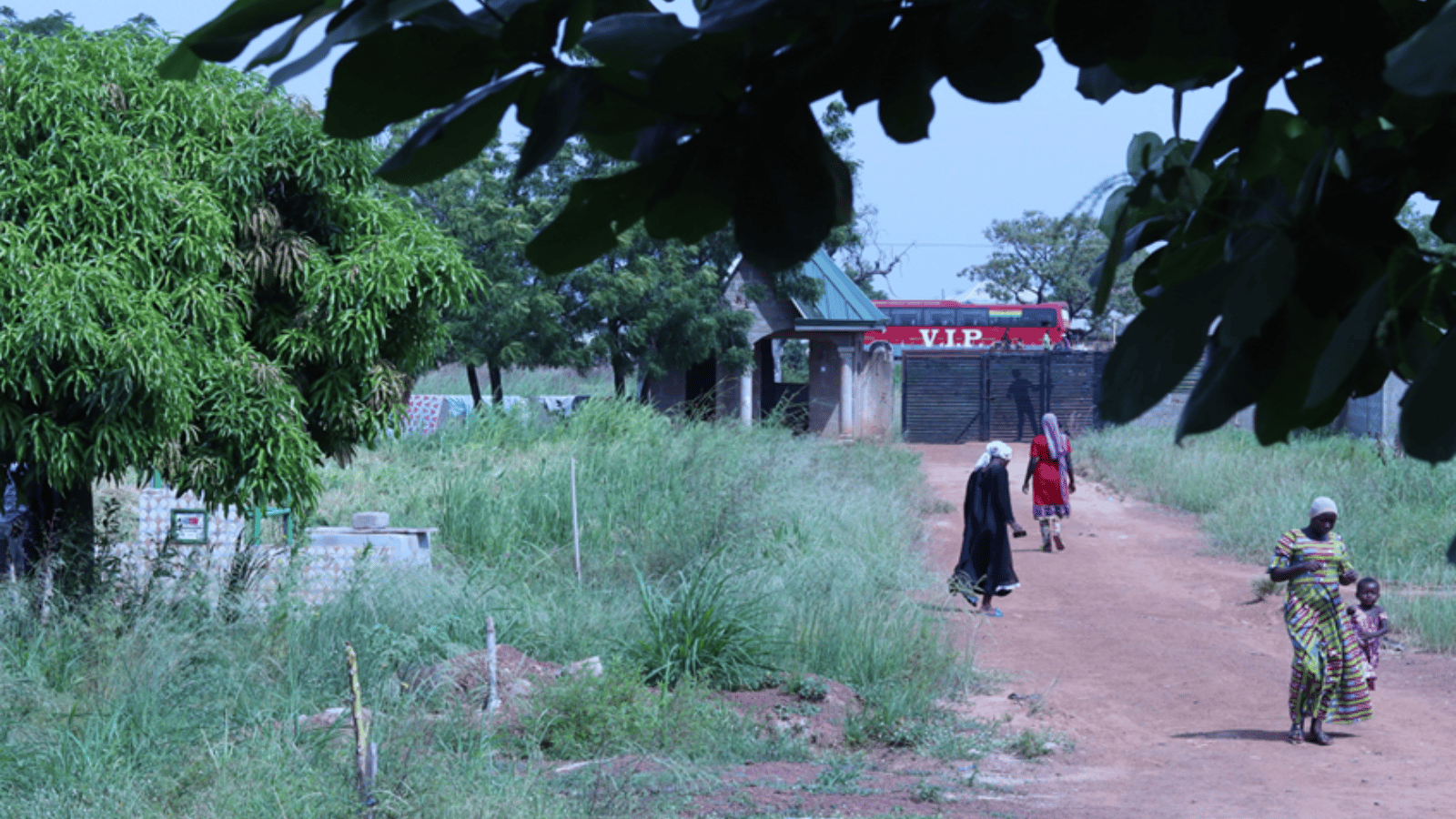The NCHS recently hosted a policy exchange examining the lessons learned from implementation of the European Union Emergency Trust Fund for stability and addressing root causes of irregular migration and displaced persons in Africa (EUTF for Africa) and the implications for Norwegian aid.
The EUTF for Africa was established in 2015 amidst the so-called EU refugee crisis to address the purported root causes of instability, forced displacement and irregular migration and to contribute to better migration management. Together with the EU Member States, the Norwegian Government contributes aid funding to the EUTF and participates in European cooperation to address challenges associated with migration.
Under the EUTF for Africa, just over 250 activities are implemented in 26 partner countries across three regions of Africa: the Sahel and Lake Chad, the Horn of Africa and North Africa. The mid-term evaluation of the EUTF for Africa was led by Arne Disch (Managing Partner, Scanteam) and published in 2020.
In this NCHS policy exchange held at the Peace Research Institute Oslo (PRIO), Disch presented an overview of the relevant findings from the mid-term evaluation, including implementation challenges and whether the EUTF was able to achieve its substantive aims of addressing the so-called root causes of migration. Disch also spoke to the evolution of the EUTF and the new replacement initiative, the Neighbourhood, Development and International Cooperation instrument – Global Europe and Team Europe Initiatives.
Cathrine Talleraas (Researcher, Chr. Michelsen Institute, CMI and PRIO) also provided reflections from implementing organisations on the ground in Ghana, based on recent field work. Talleraas, who leads the “Effects of Externalisation: EU Migration Management in Africa and the Middle East” research project based at CMI, also shared insights on the EUTF and EU migration policy from research undertaken as part of this project.
Participants in the exchange included members from the Norwegian Foreign Ministry, Norwegian Agency for Development Cooperation (NORAD), PRIO, CMI, Institute for Social Research and the University of Geneva.
The NCHS would like to thank both Disch and Talleraas for sharing their insights in this informative policy exchange.
